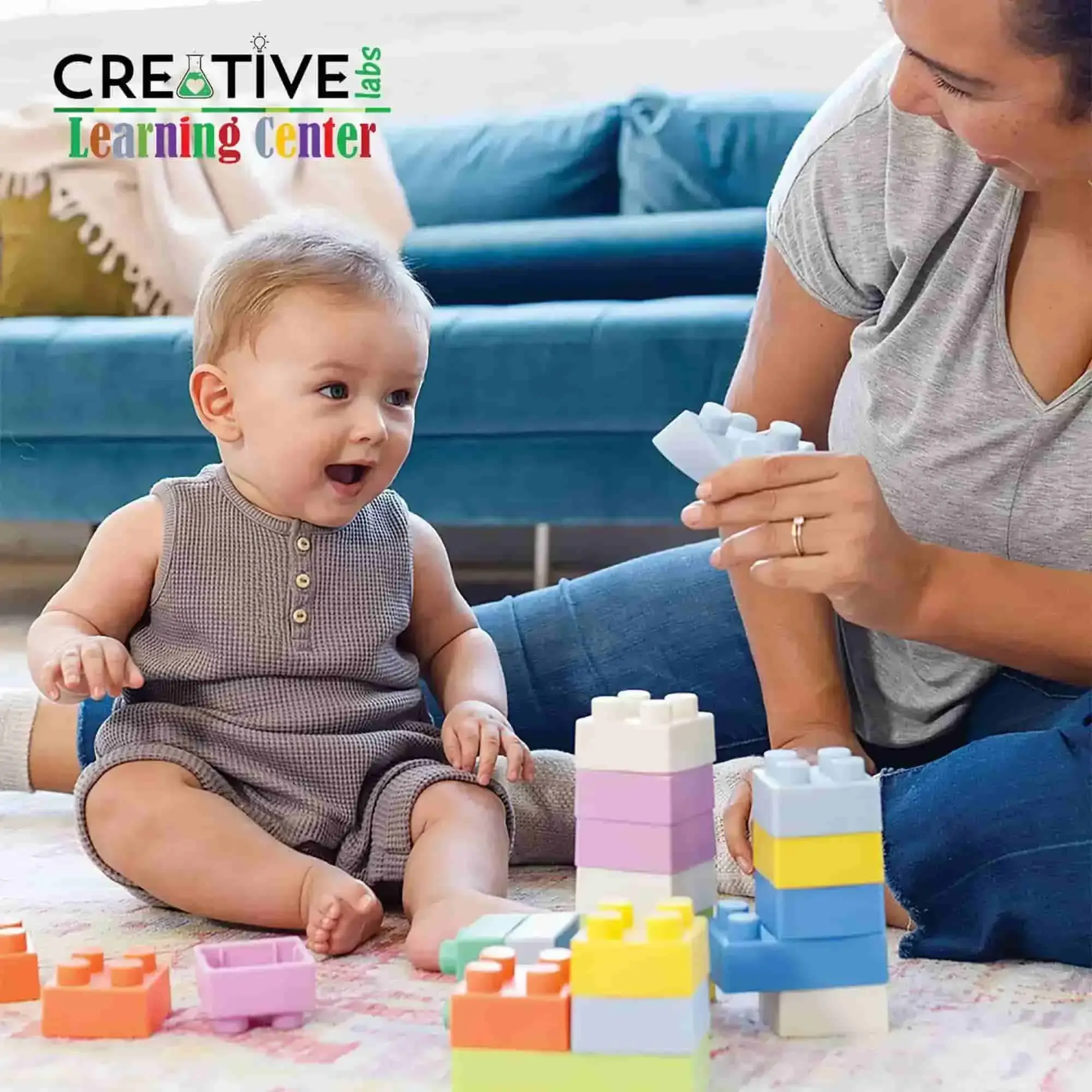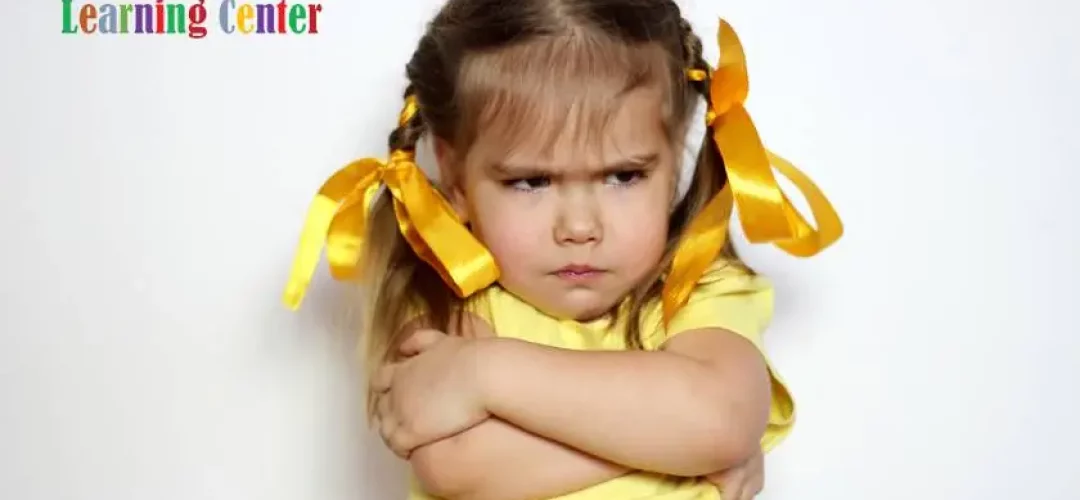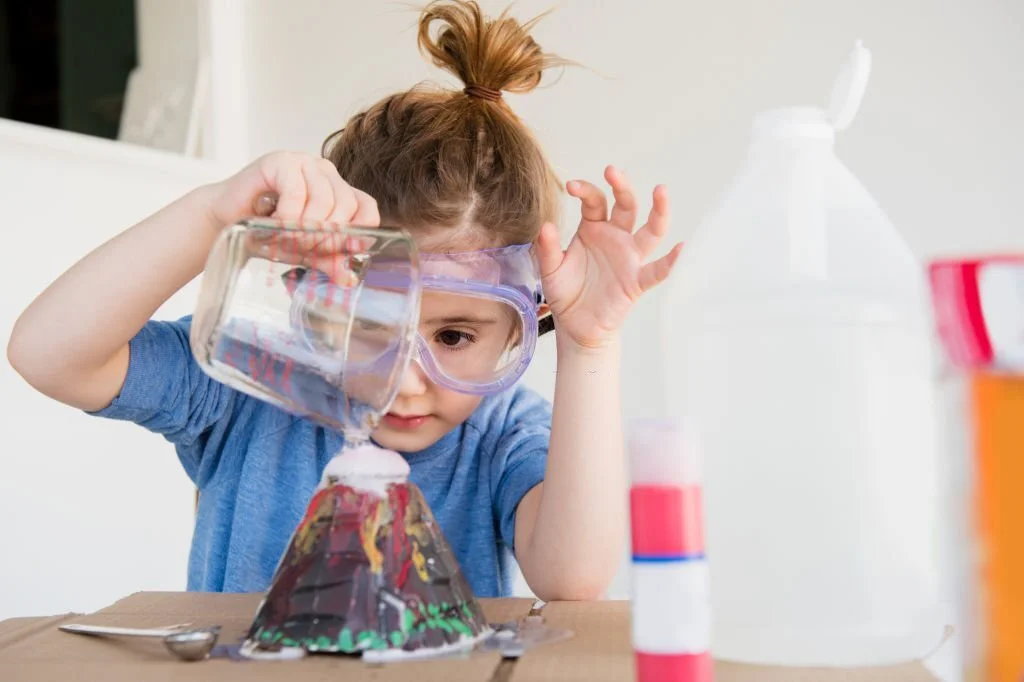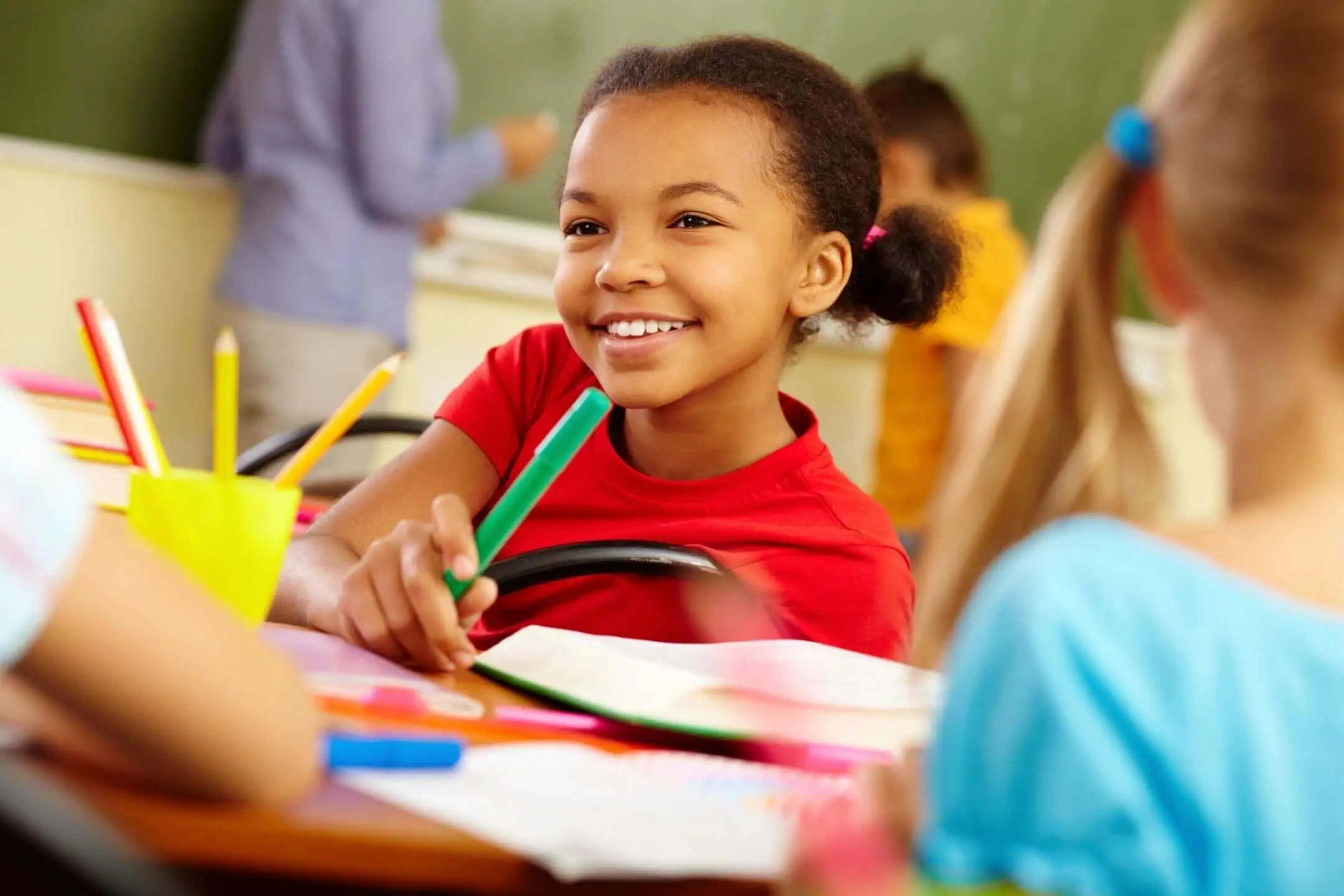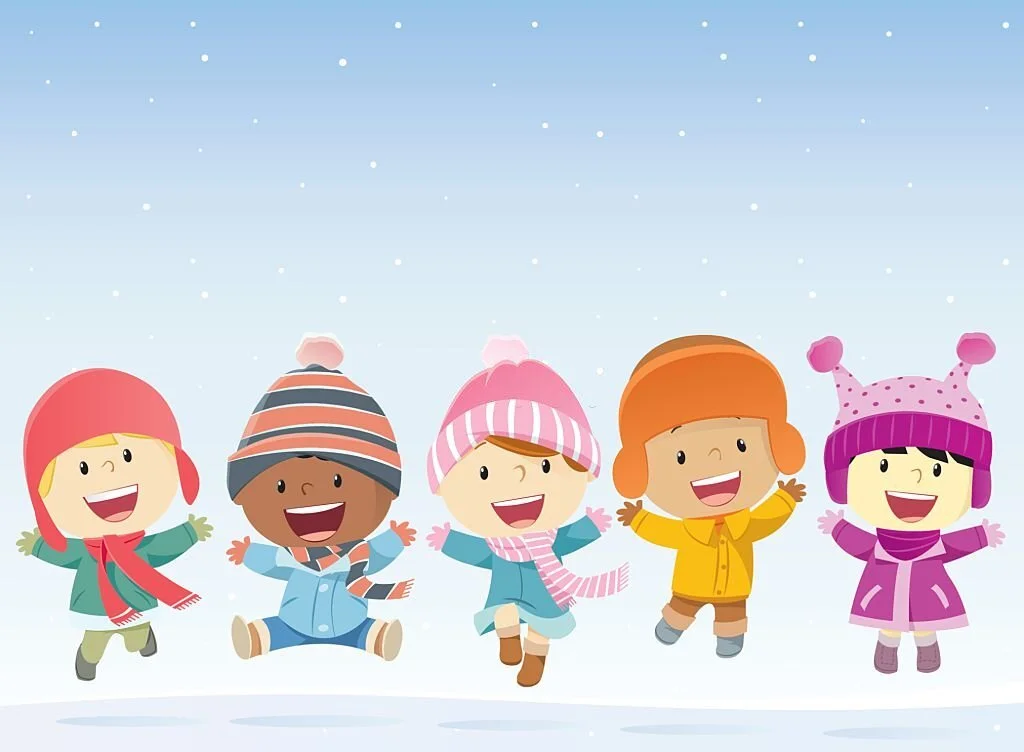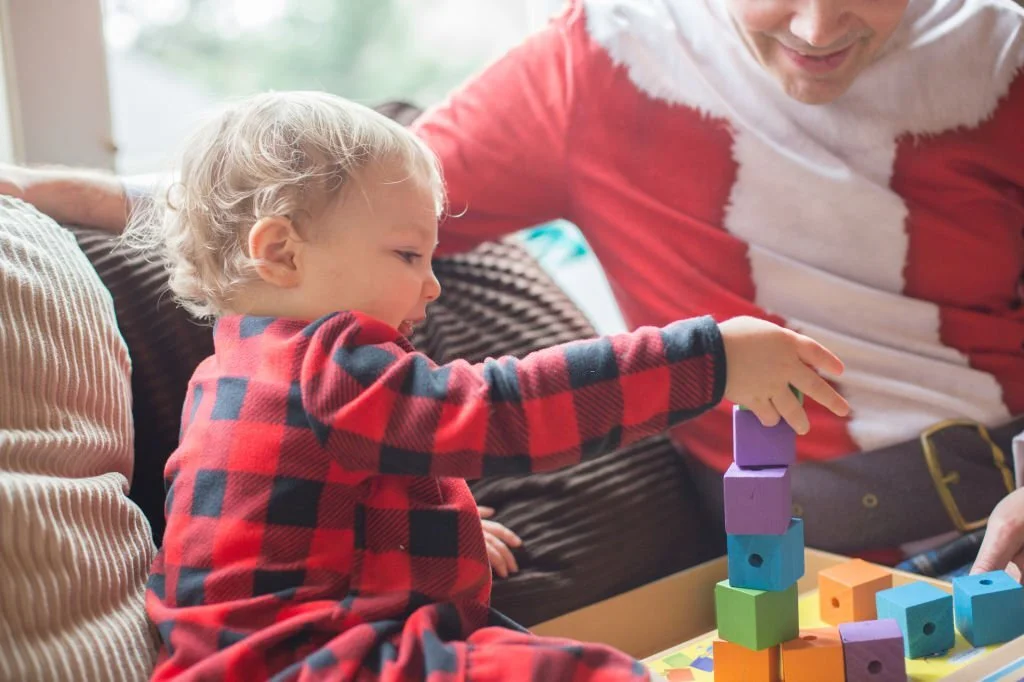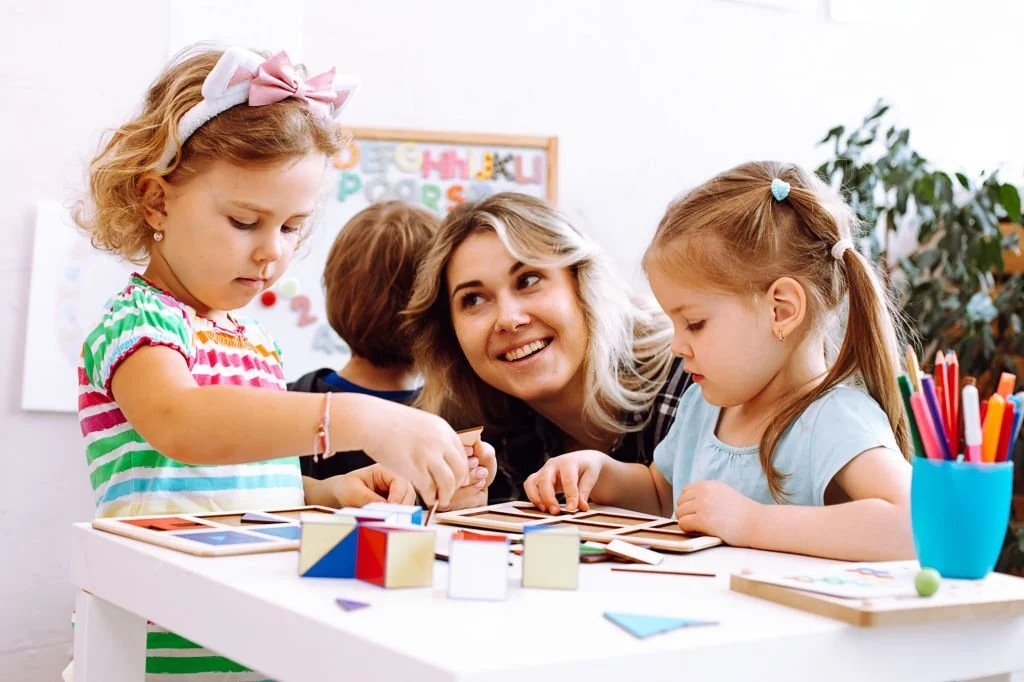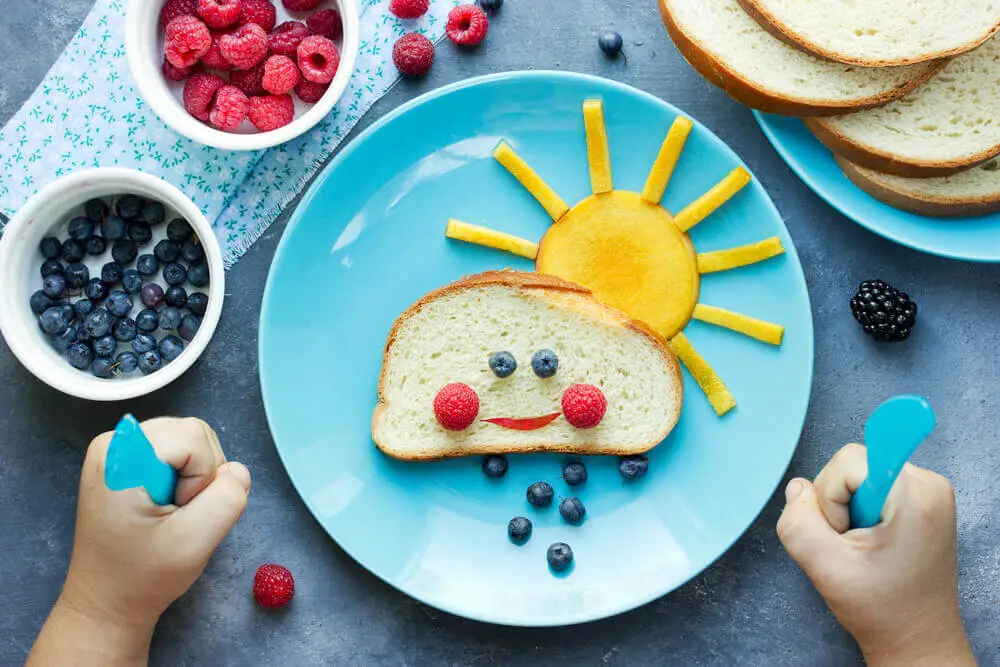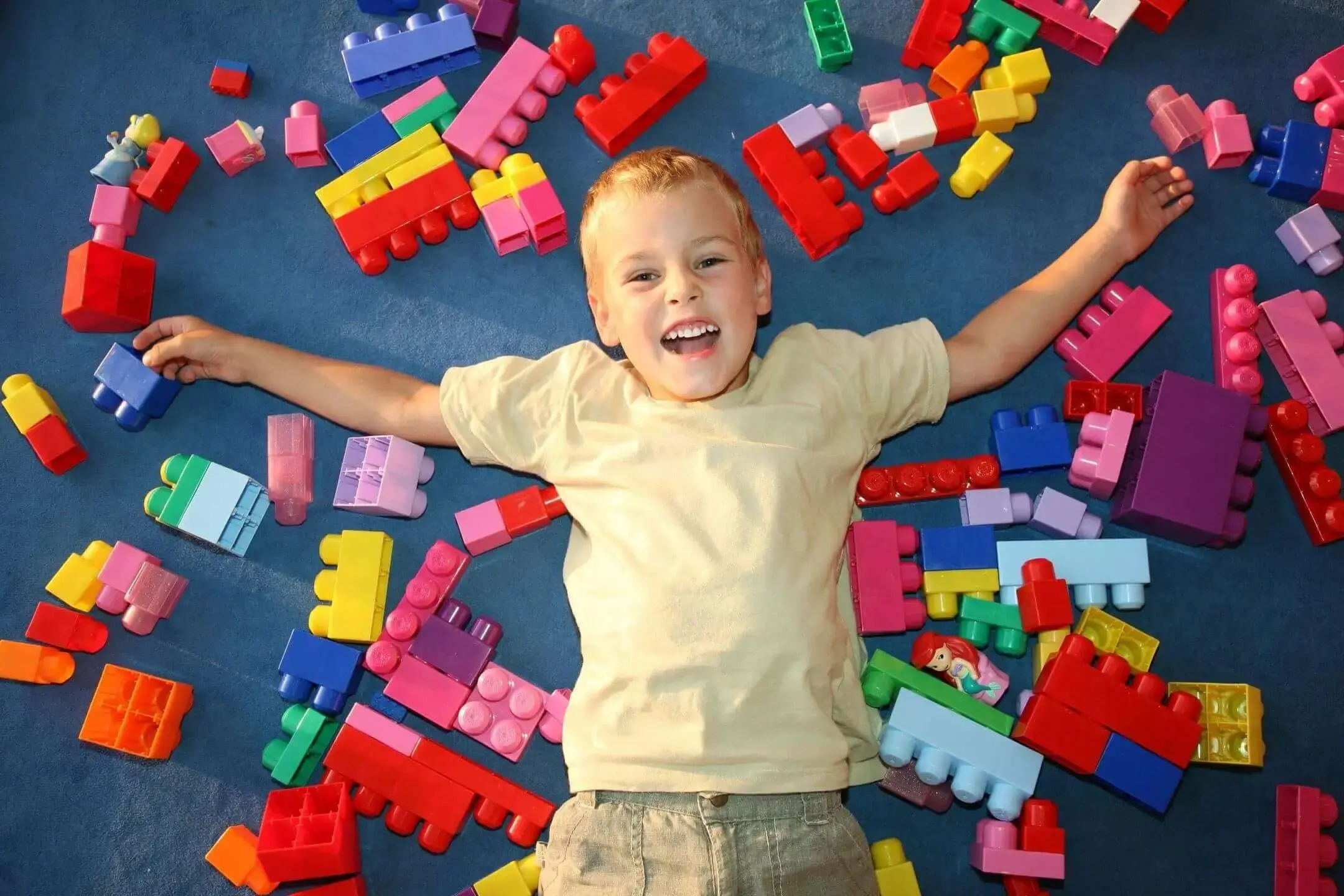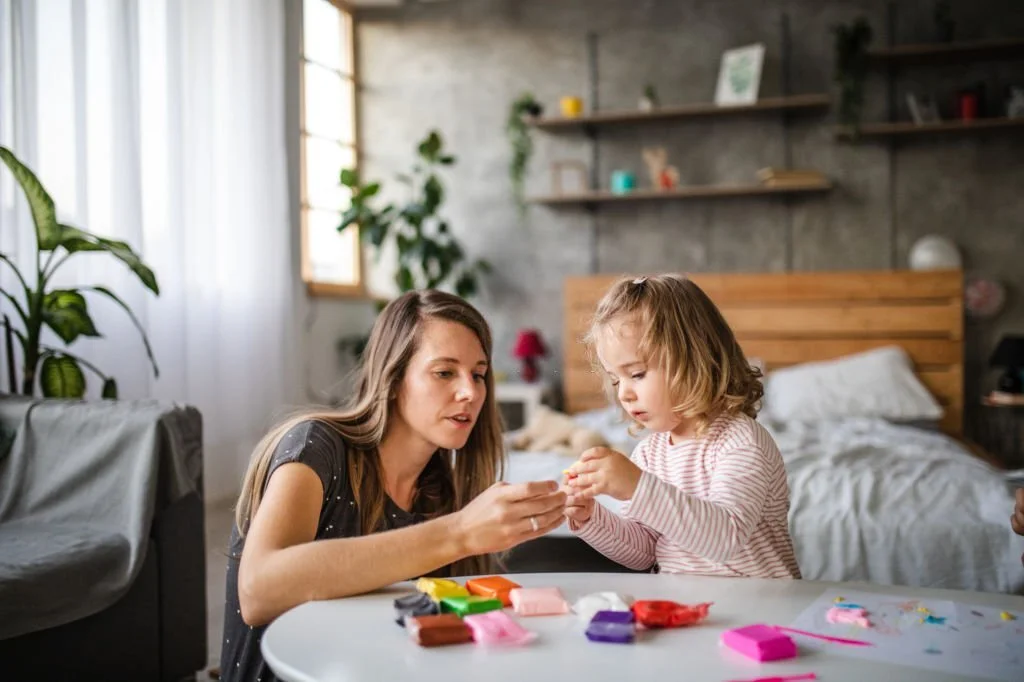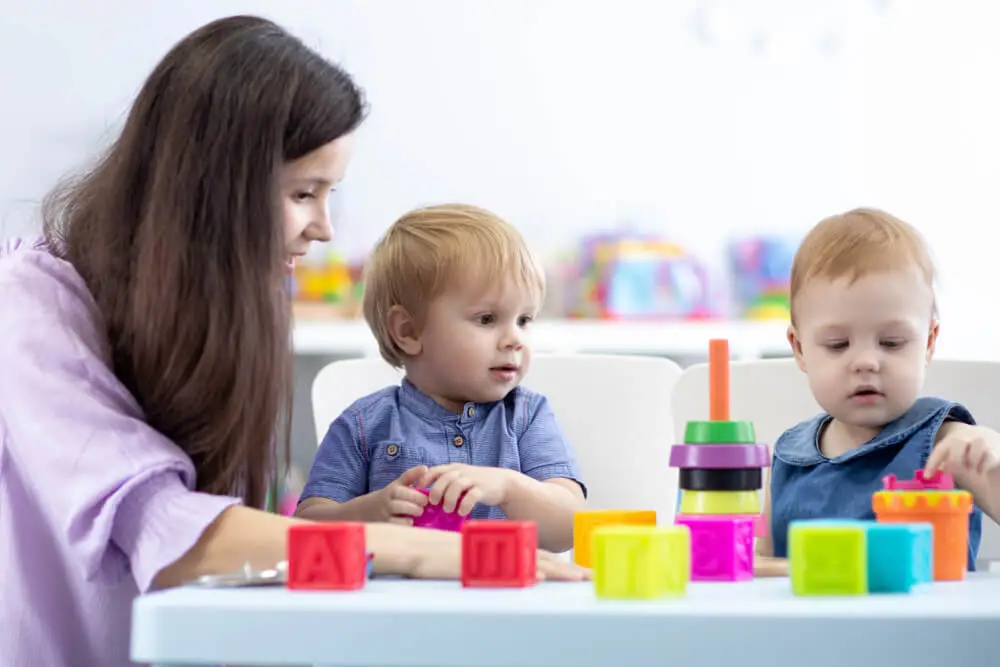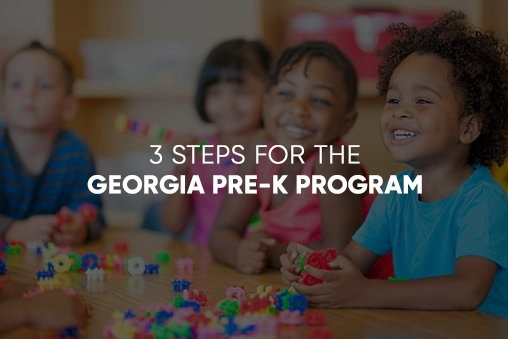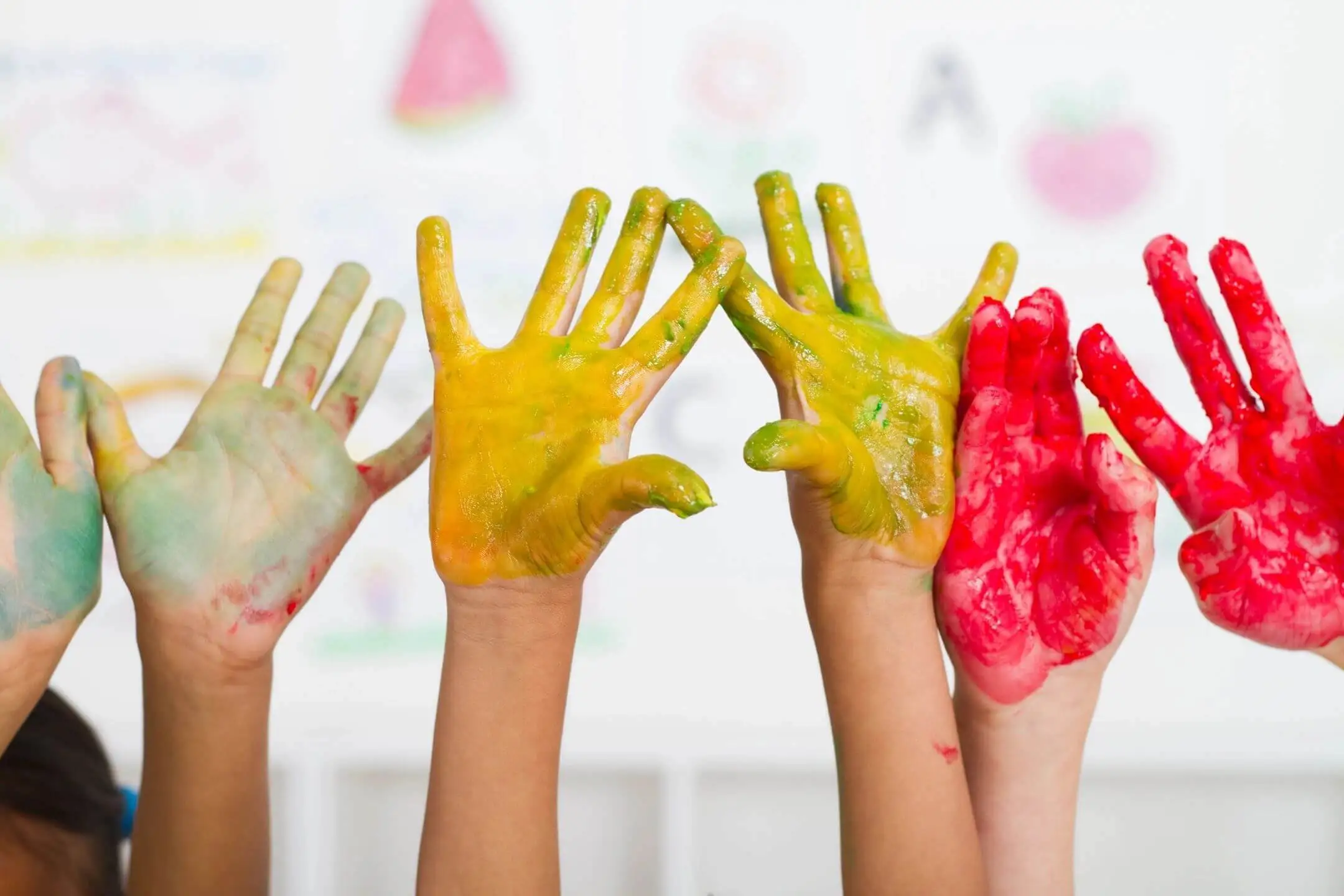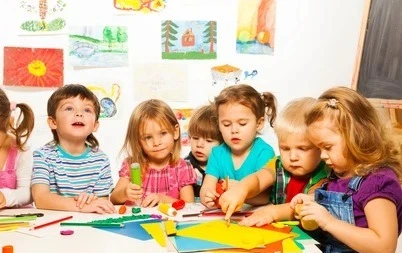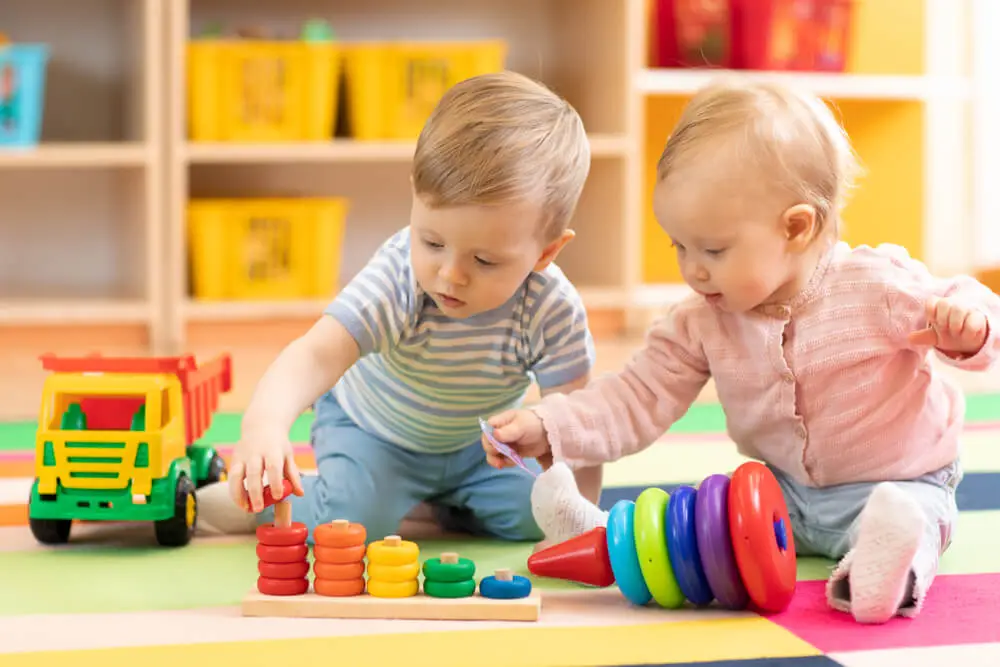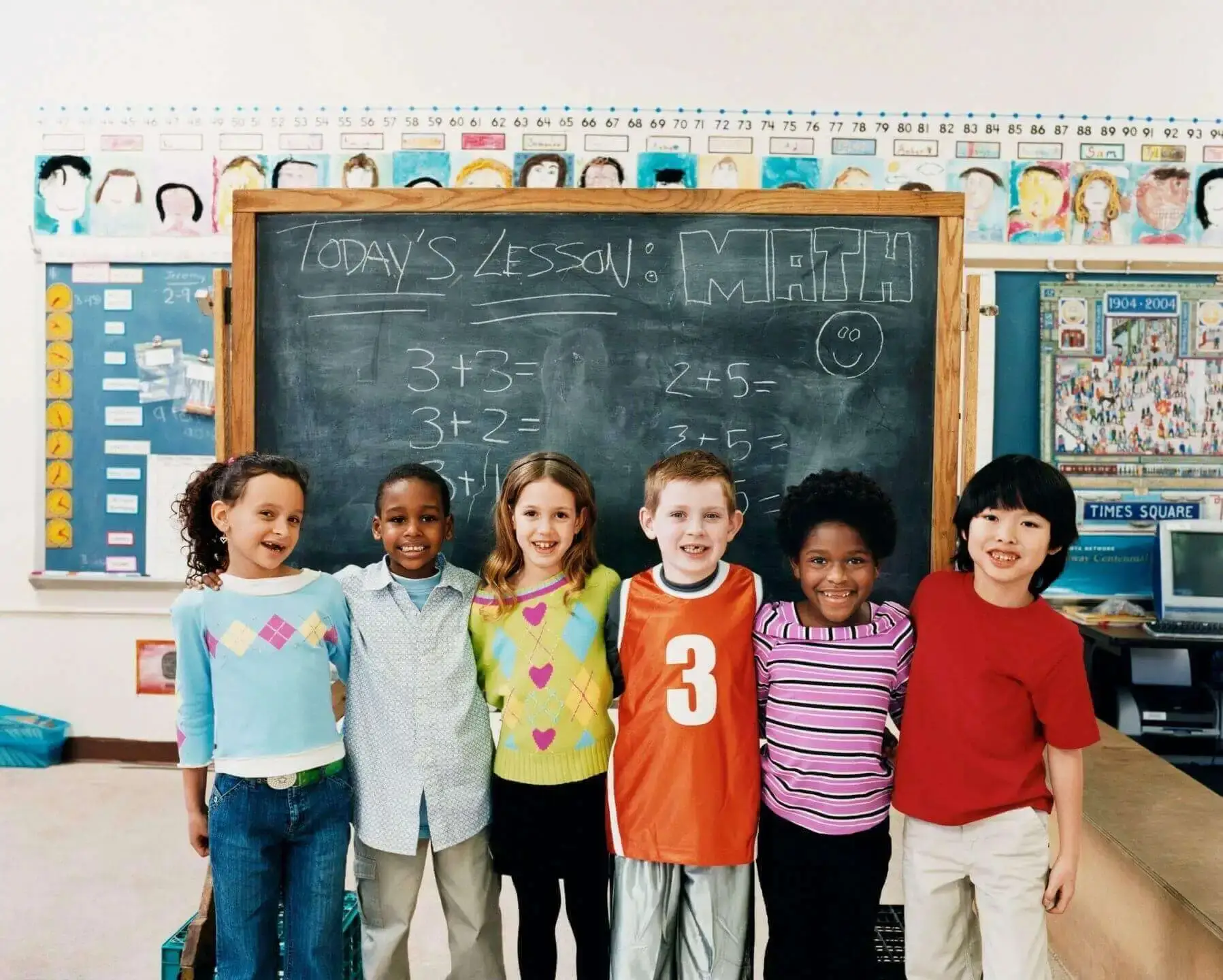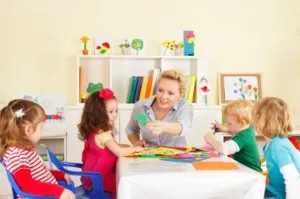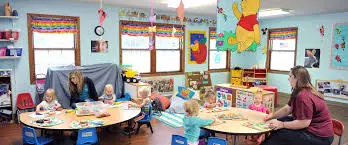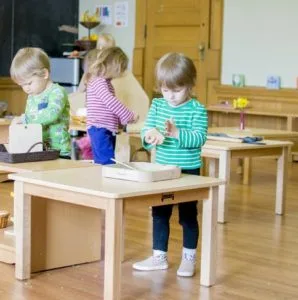Teaching responsibilities to preschoolers?
It may sound absurd. But it is necessary for early childhood education.
There is a saying that says:
“The responsibility training you perform today will resonate through generations—and it is a worthwhile investment.”
Being responsible for something means that you have to deal with it yourself.
You will no doubt love to see your little one showing responsible behavior. It takes lots of effort and parental involvement in teaching responsibilities to children. Young children often tend to show reckless behavior and immaturity. To deal with that you must initiate learning about responsibility for your kid at a very young age.
Studies show that at the age of 3, the major development of a child is completed. They learn about their surroundings and roles. So if you teach your kid to act responsibly in this period, it will prove to be very beneficial.
We will discuss the importance of teaching life skills to children and how you can teach preschoolers responsibilities at home in this article.
Table of Contents
ToggleWHY IS IT IMPORTANT TO CREATE A SENSE OF RESPONSIBILITY IN PRESCHOOLERS?
We know that childhood is all about fun and enjoyment. But if you assign age-appropriate tasks for your kids, it will help them develop skills such as organization, time management, and accountability. These tasks may include brushing teeth on time and picking up toys after playing. Moreover, you can tell them to carry dishes after eating and keep their clothes in hampers.
It helps in the development of self-efficacy in children. They know that they can perform the assigned task to them. As the kids do these little chores, they learn teamwork and the importance of accountability with the people they live with. It also builds character education for preschoolers which lets them know their roles and how to behave accordingly.
Now the question is, how to develop this sense of responsibility in young children? When all they want is to play and make fun with their fellow friends.
Here’s a guide to help you build independence in preschoolers by teaching responsibilities to them.
1. LET THEM TAKE CARE OF A PET:
Teaching kids about responsibility by just words may not be a good approach. The effect of a real-world experience on young minds cannot be compared with ordinary lectures and teachings. Practical experience gives a broader learning opportunity.
If you let your kid or preschooler take care of a pet, let’s say a puppy or a baby cat. Your kid will try to take care of it as you take care of your children. Feeding the pet on time, taking them out for a walk, and keeping track of their sleep schedule. These all are the responsibilities your little one can practice while taking care of a pet.
It helps to create a sense of responsibility at an early age in children. As they grow up, they tend to take care of others socially.
2. ESTABLISH ROUTINES:
Preschoolers have very sharp minds. They grab ideas and concepts quickly and keep them in their memory for a long time. If you have an organized routine in your home, your kid will be able to predict what should be done.
Make visuals such as charts and pictograms to help your kid understand easily. Assign a daily consistent routine for cleaning, dressing up, brushing teeth, tidying the play area, meal time, and bedtime.
3. ENCOURAGE DECISION MAKING:
Red outfit or the black one?
Should we have this or that meal today?
When you give simple choices to your kids, they use critical thinking to select anyone. It helps to consider the consequences of the choices they make. Furthermore, it instills a sense of responsibility in your kids about the choices they make.
They can make wrong choices, but it is a source of learning opportunities for them. Instead of scolding them or criticizing them for their wrong choices, help them learn through it. It develops problem-solving skills among children from an early age which helps them a lot in the long run.
4. USE POSITIVE REINFORCEMENT:
Positive reinforcement is the technique to encourage responsible behavior using rewards.
When your preschooler does a certain task without being reminded about it. Such as setting the table or tidying their play area. Or they help their sibling without being asked, praise them.
Use positive compliments to encourage them. For instance, ‘Very well Lucas, I knew you would do that!’
‘Thanks, Scarlet for setting up the table’
Or ‘ I’m proud of you’.
These types of compliments excite the kids and create a sense of acknowledgment in them.
5. ASSIGN AGE-APPROPRIATE CHORES:
Preschoolers are often not ready for the complex responsibilities. Also learning through responsibility does not mean that you should assign responsibilities to kids that they don’t even know how to do.
Start with basic starts such as feeding pets and picking up toys. Praise them for their accomplishment of the task.
Then as your preschooler learns to fulfill assigned responsibilities, slowly and gradually assign bigger responsibilities to them.
6. FOSTER INDEPENDENCE:
Fostering independence does not mean that you leave your preschoolers on open ends and let them do what they want to do.
It means that you let them decide their daily little choices such as dressing up, what they want for lunch, what they want to play etc. This independence helps in the social and emotional development of preschoolers.
It also makes the kids accountable for their choices. They know that their choices will have certain consequences. Even if they mistakes, encourage them without criticizing their efforts.
CONCLUSION:
Every kid has their own pace of growth and development. We should not compare the skills of one kid to another. It not only creates a sense of low competency, but it also harms the self-efficacy of children.
It is important to teach your preschoolers basic life skills because they will help them deal with their responsibilities while they grow. Besides the feeling of accountability, this improves the emotional and cognitive abilities of kids.
There should be a preschool curriculum development that ensures teaching basic life skills. So that every kid can enjoy learning playfully.
To sum up, ‘Teaching kids responsibility isn’t just about preparing them for the future; it’s about empowering them to shape it.”

